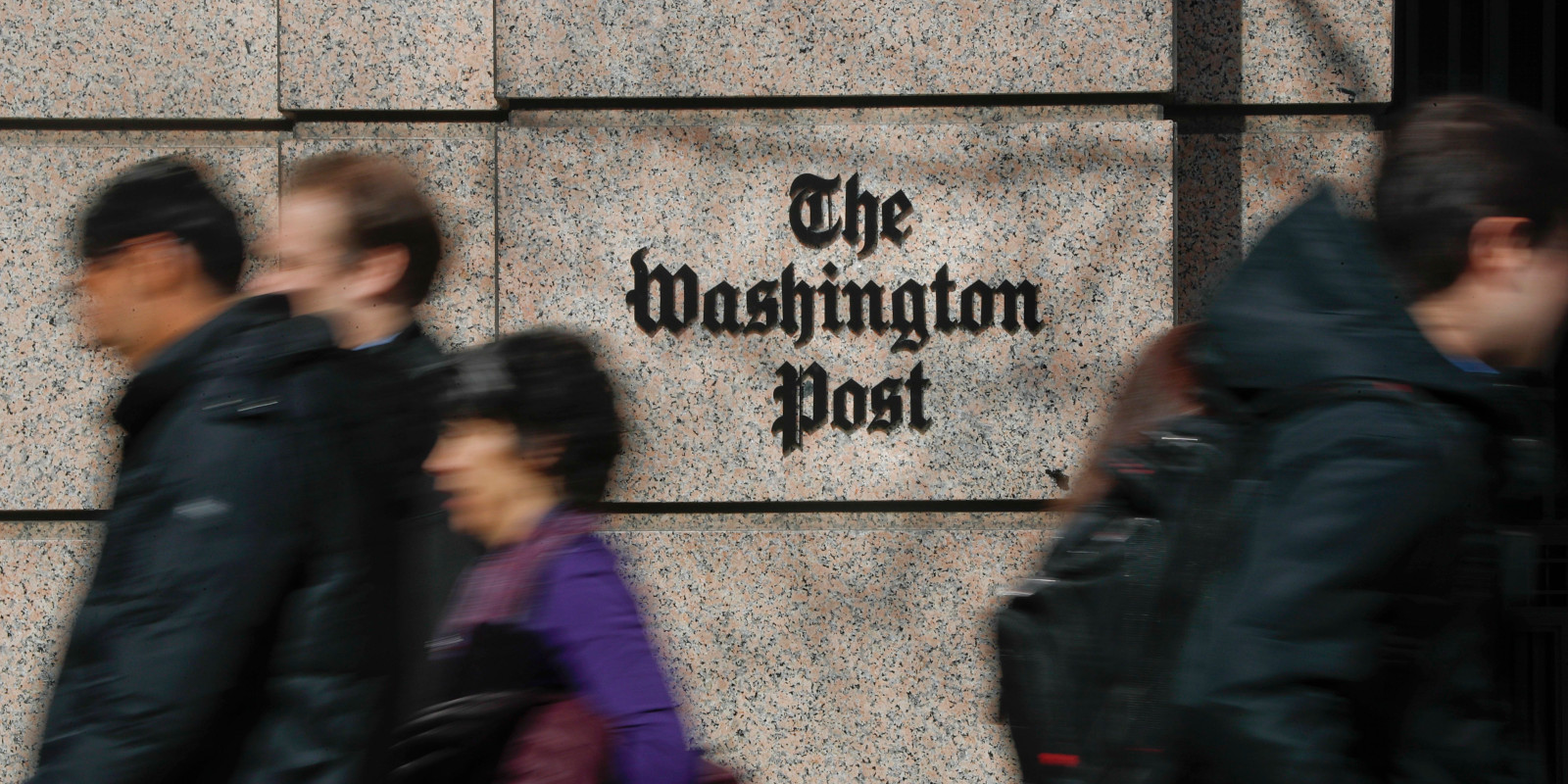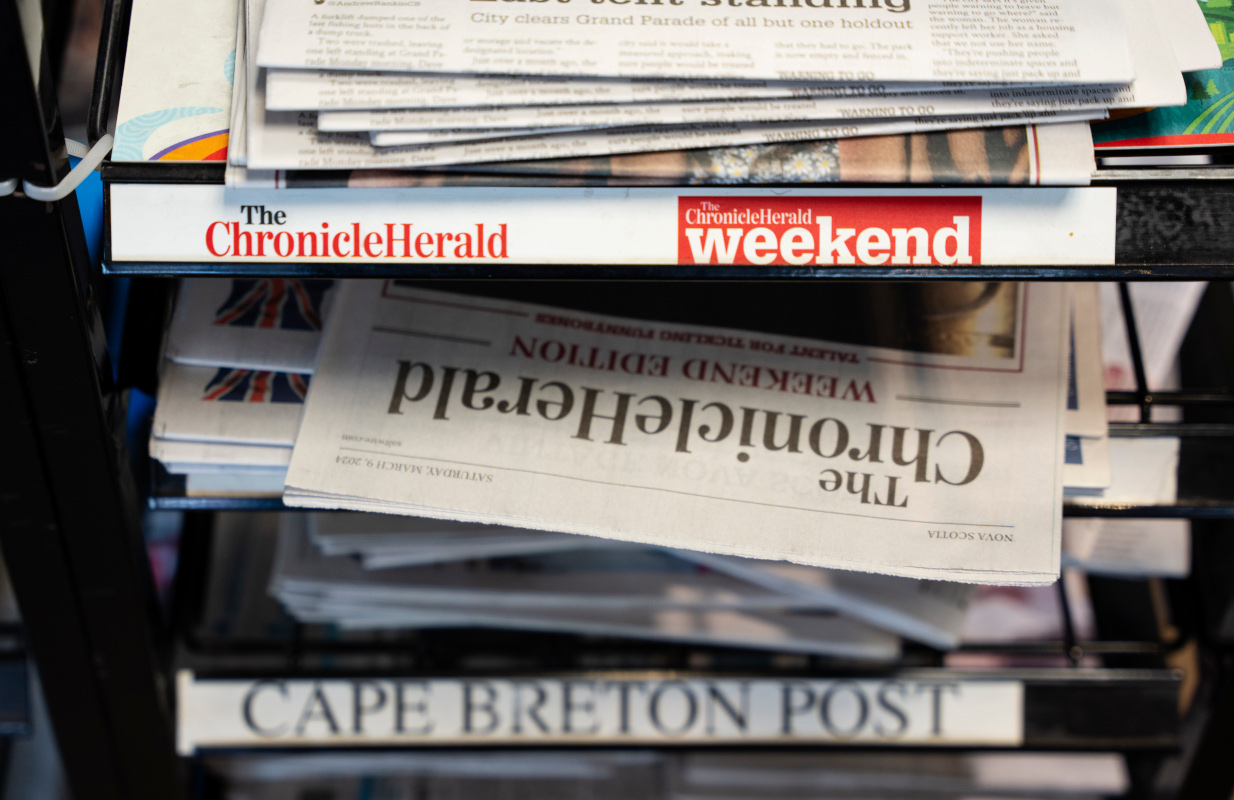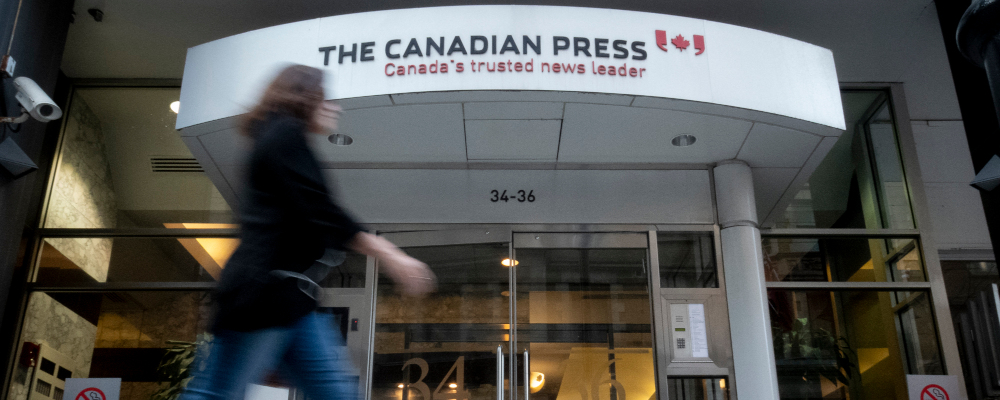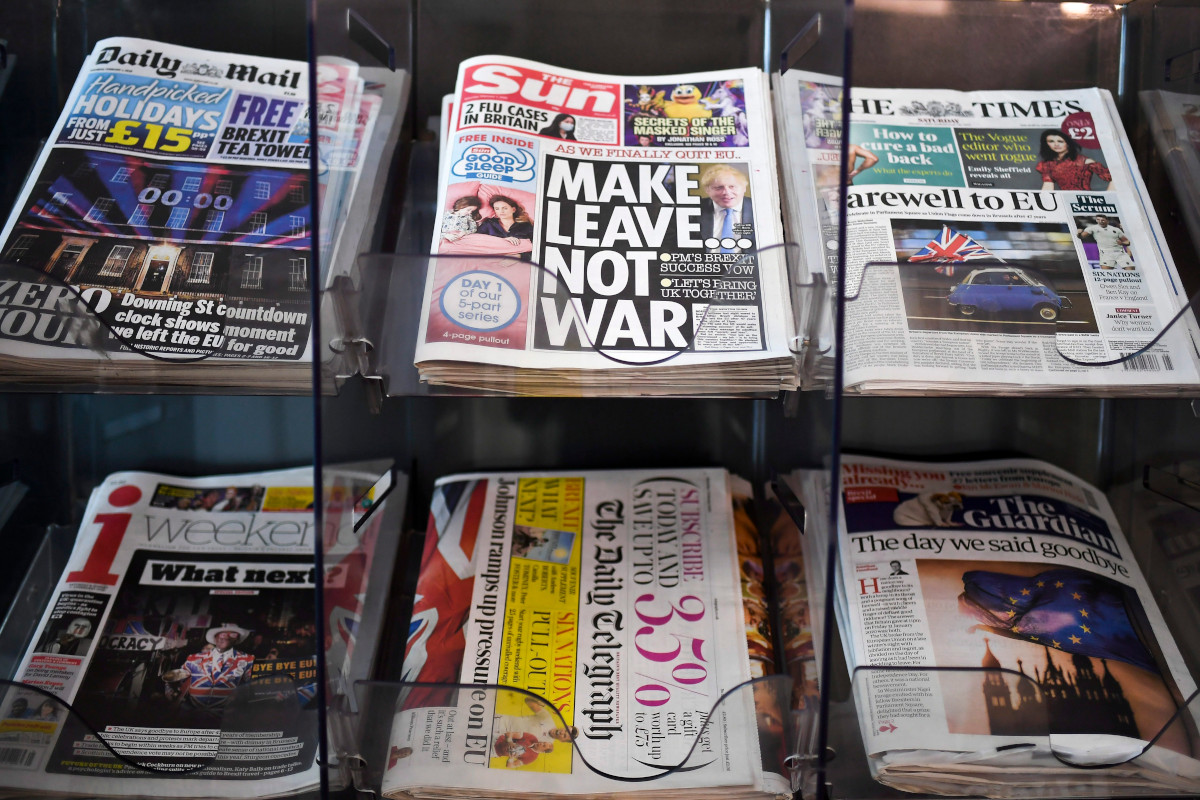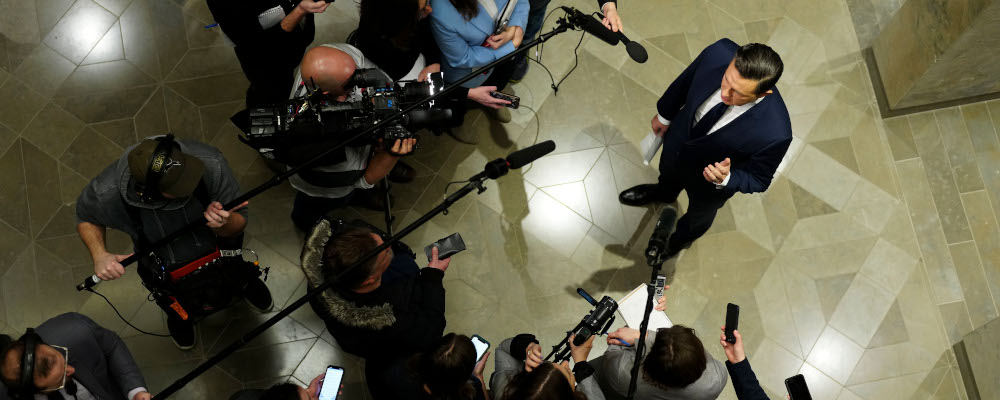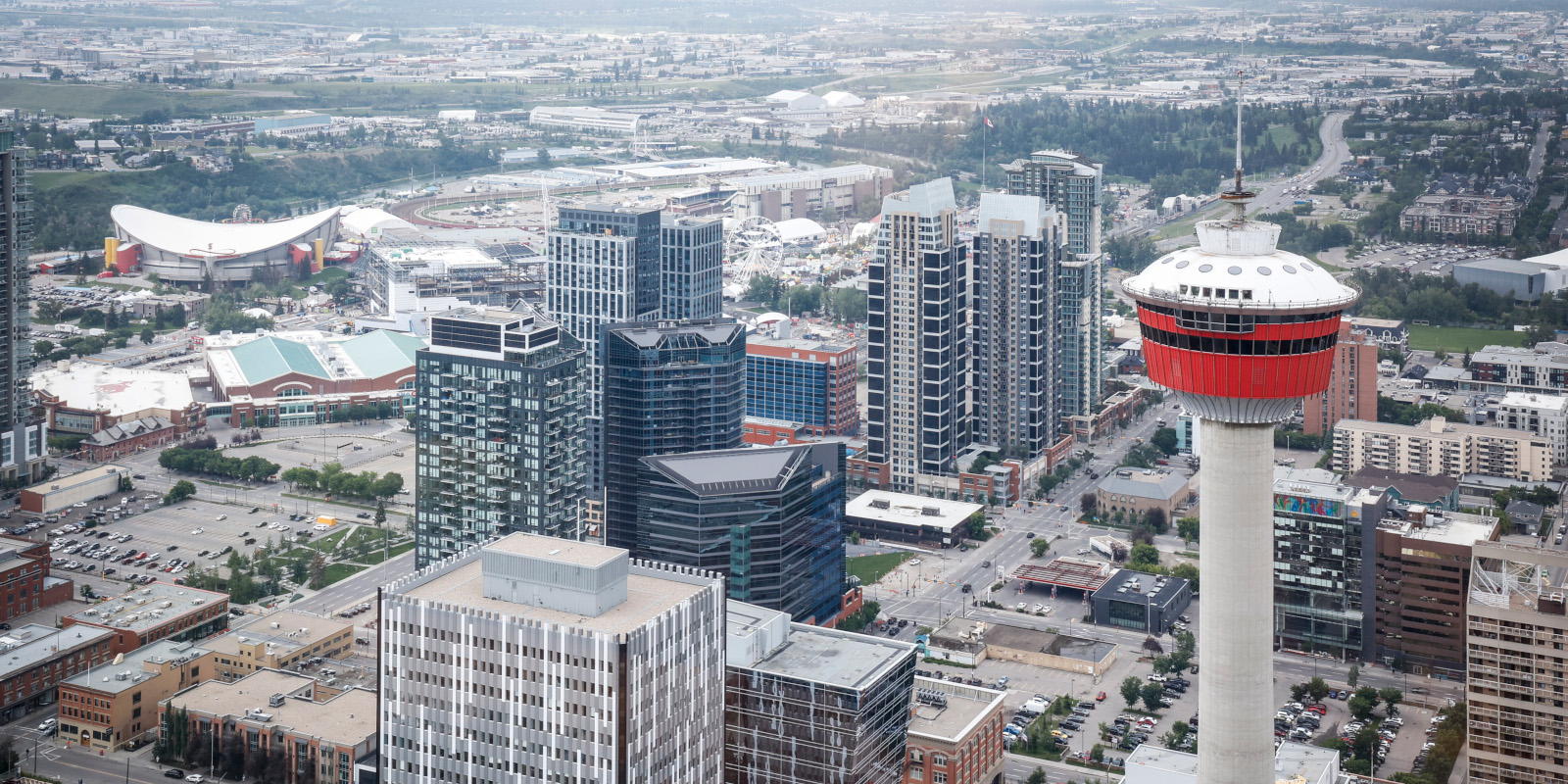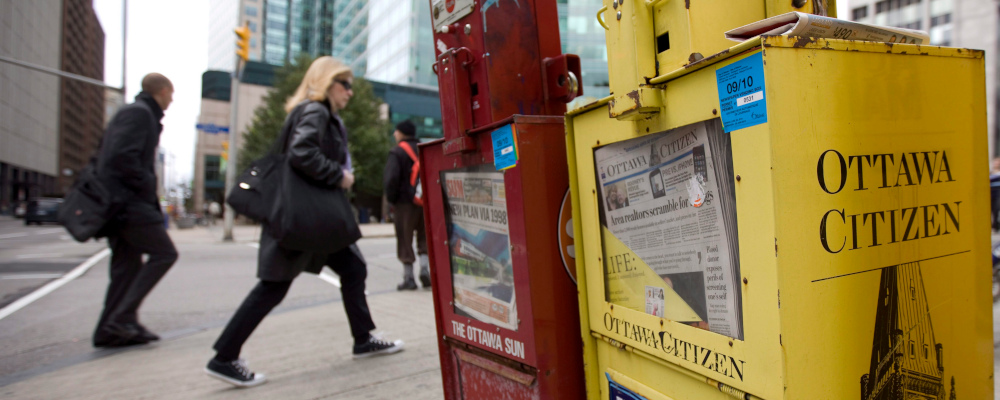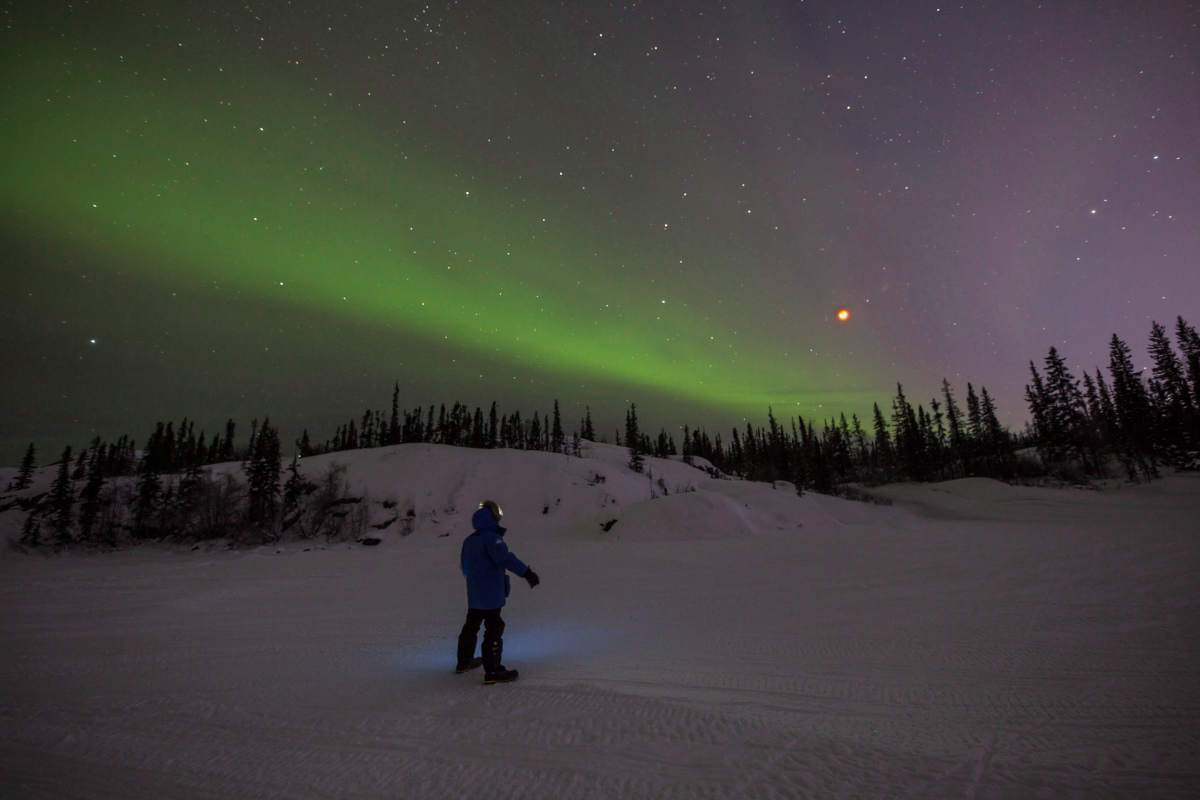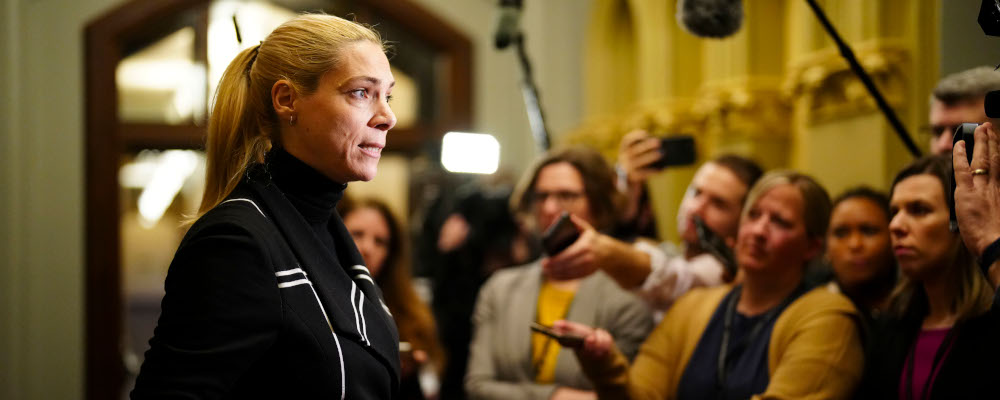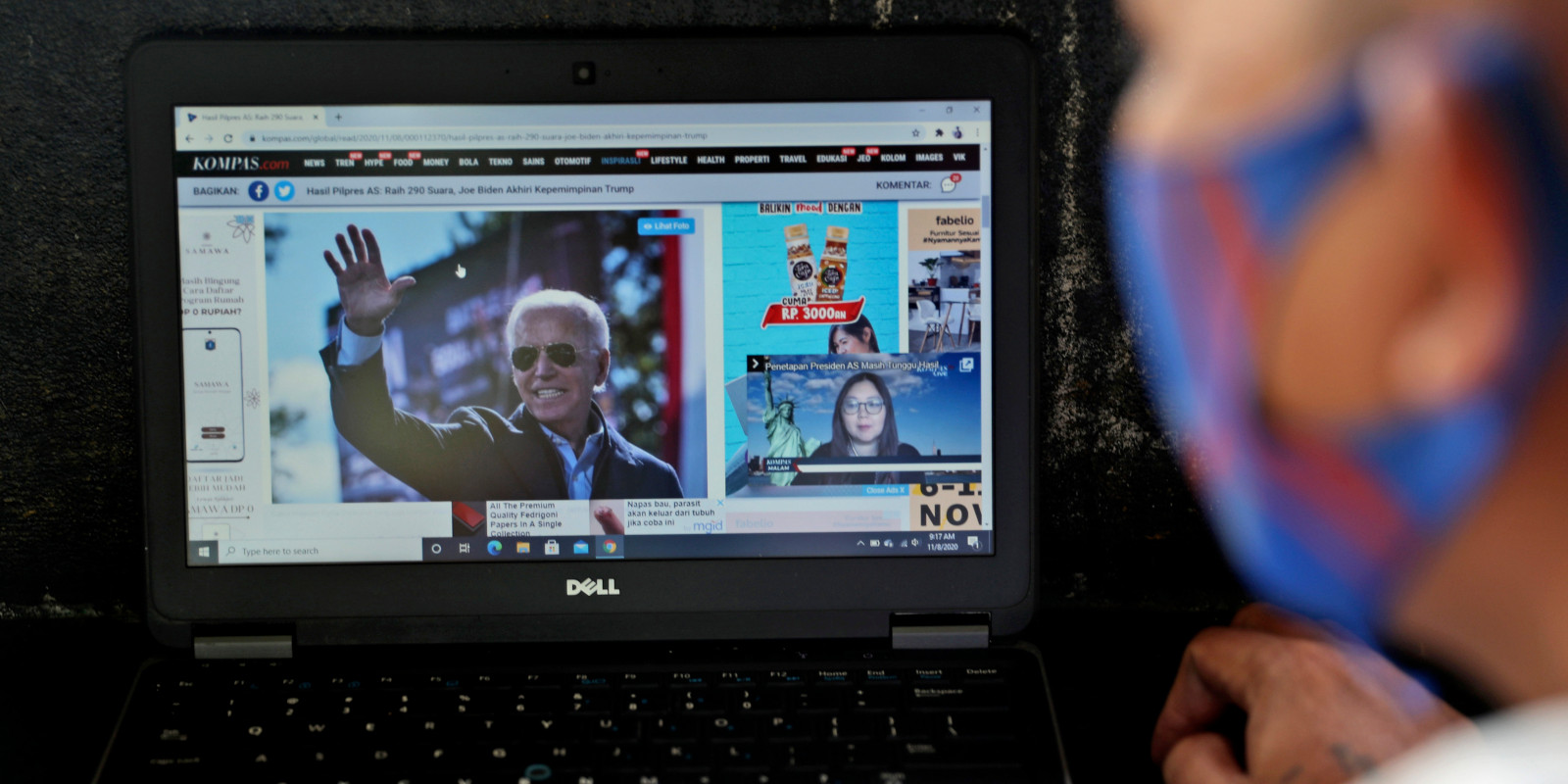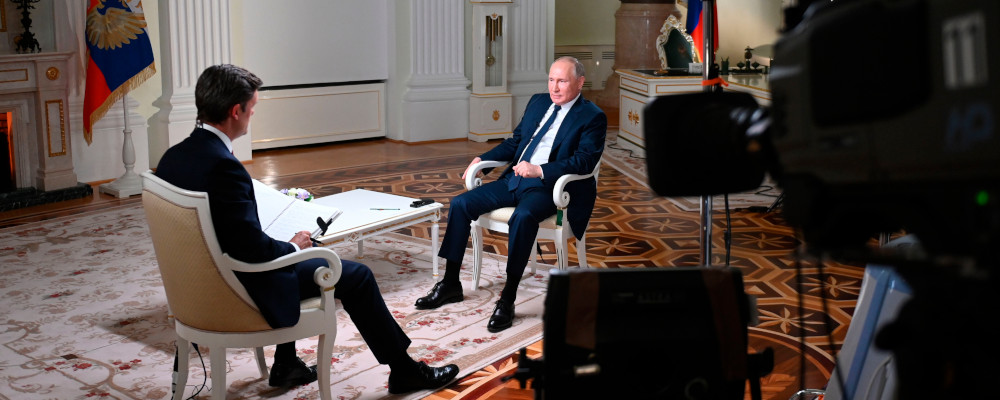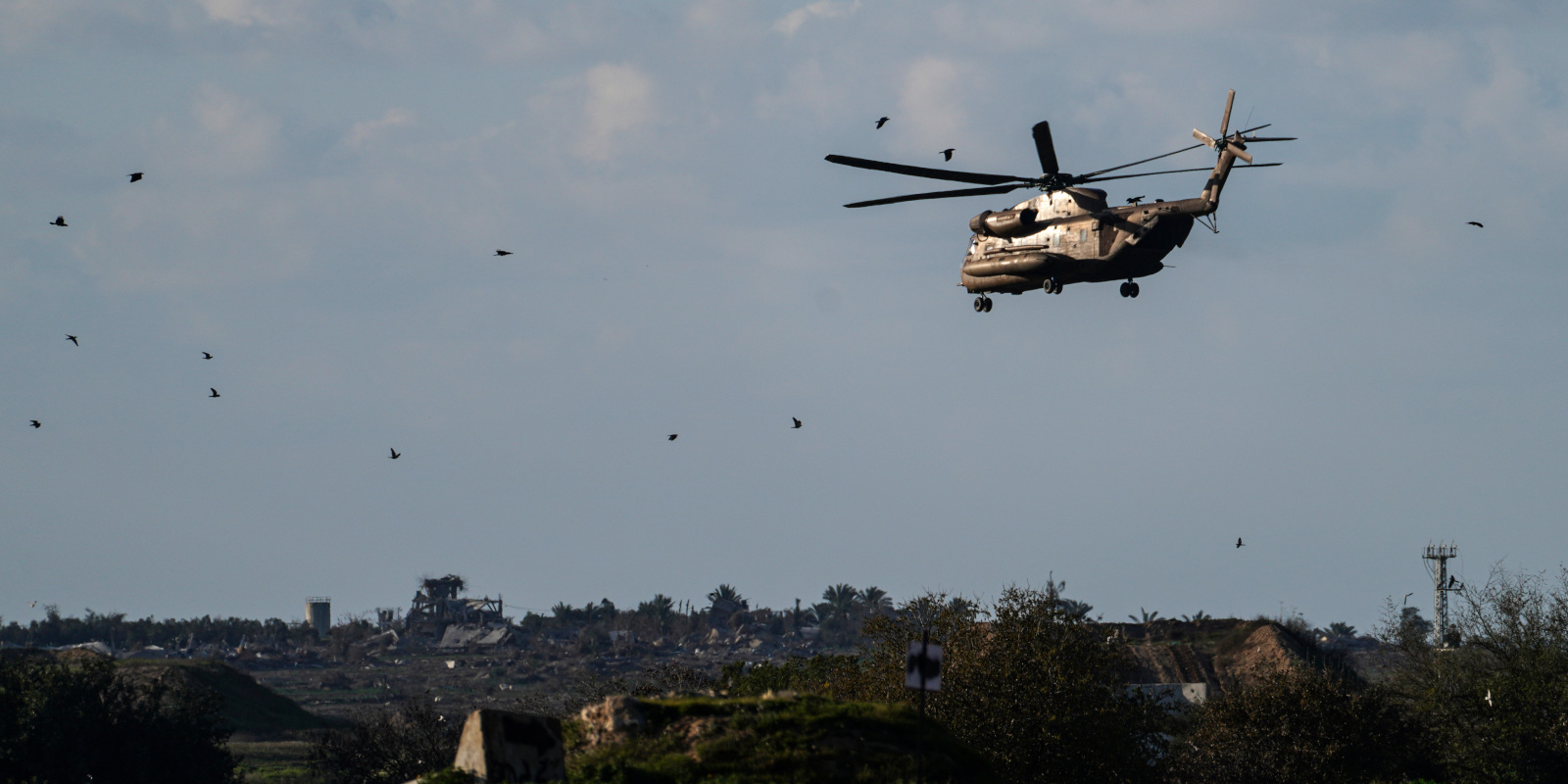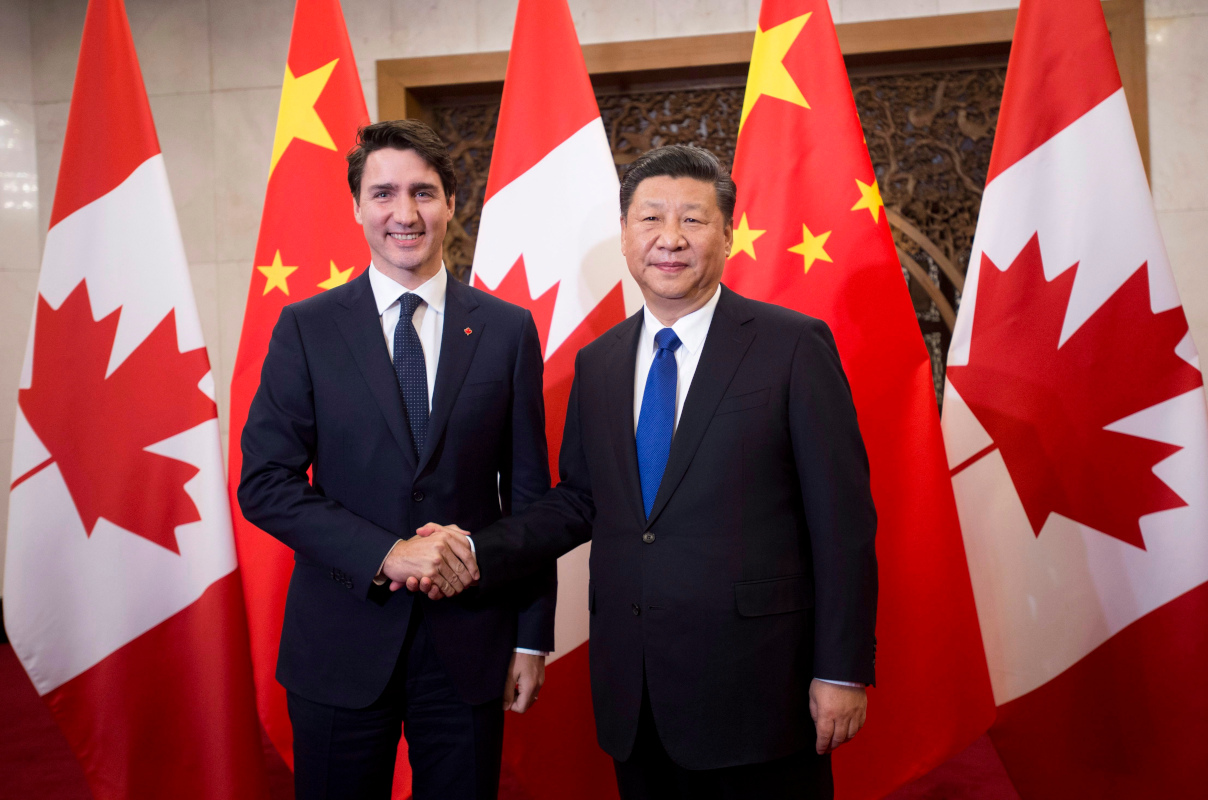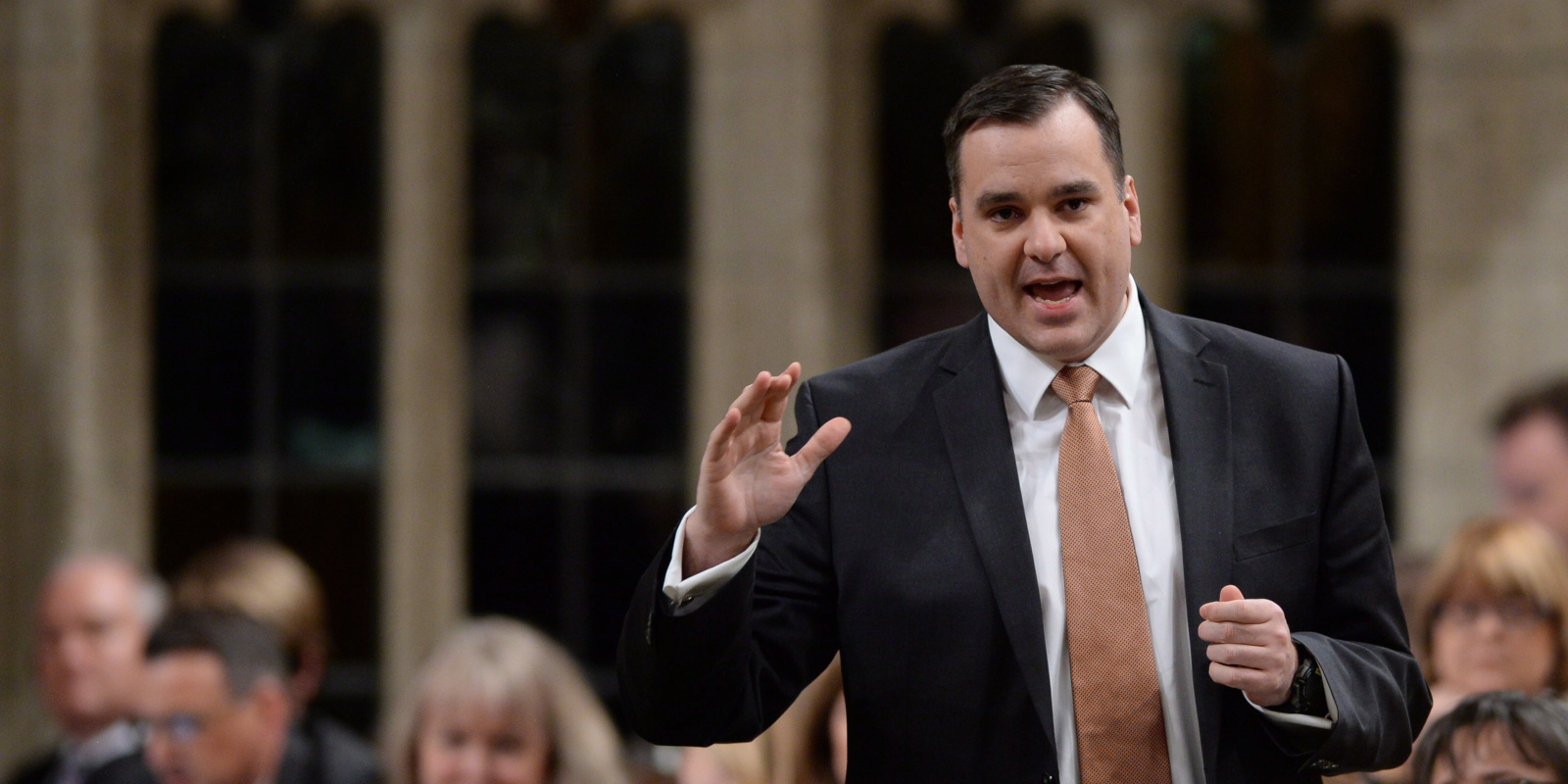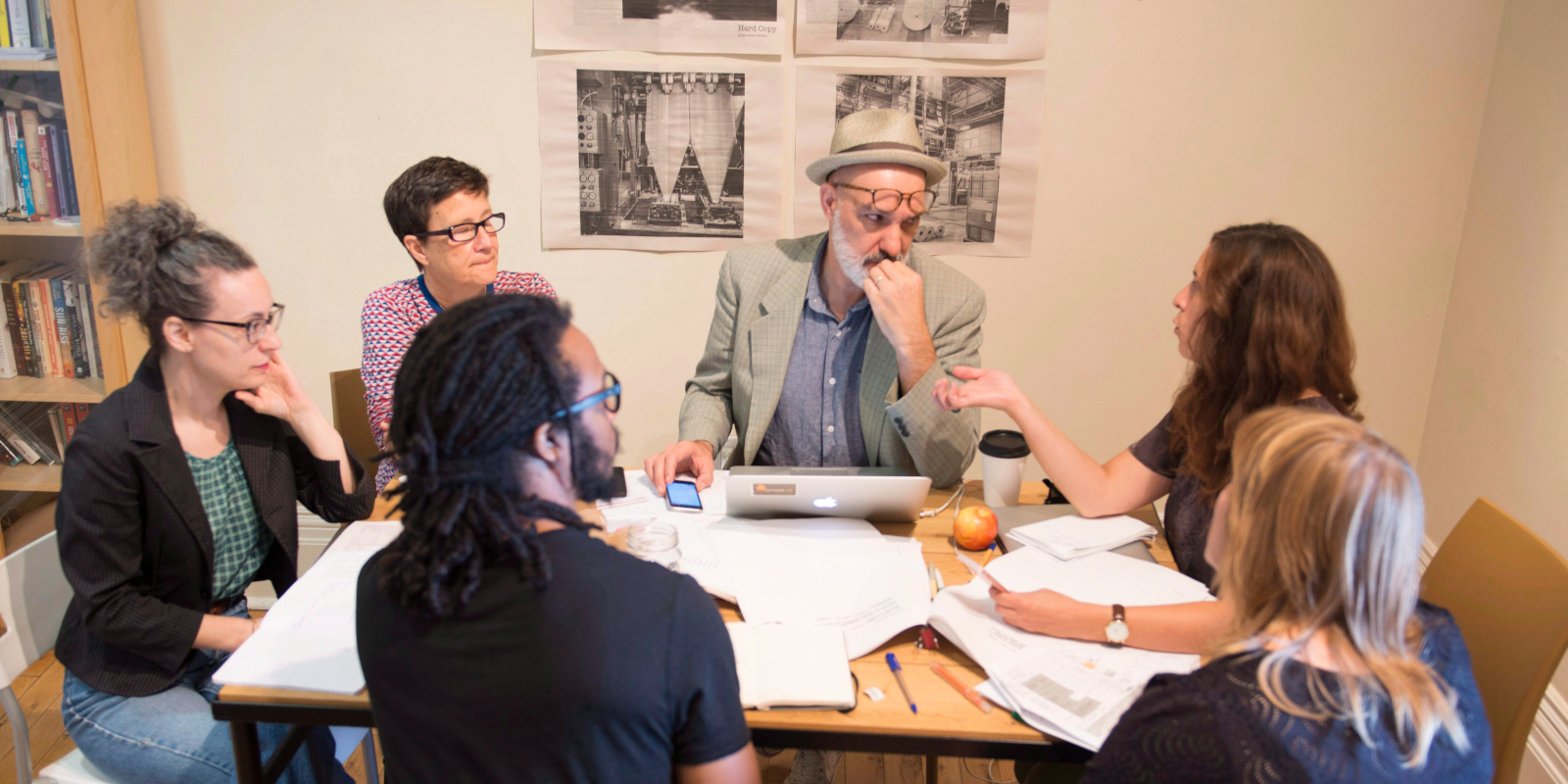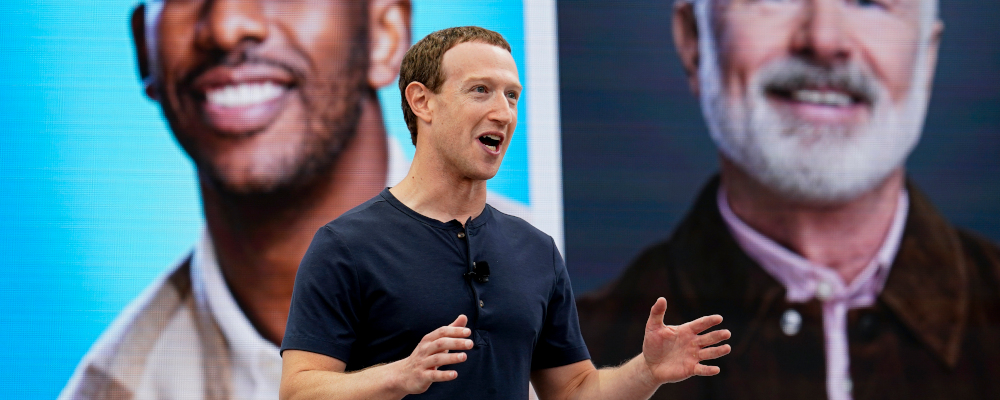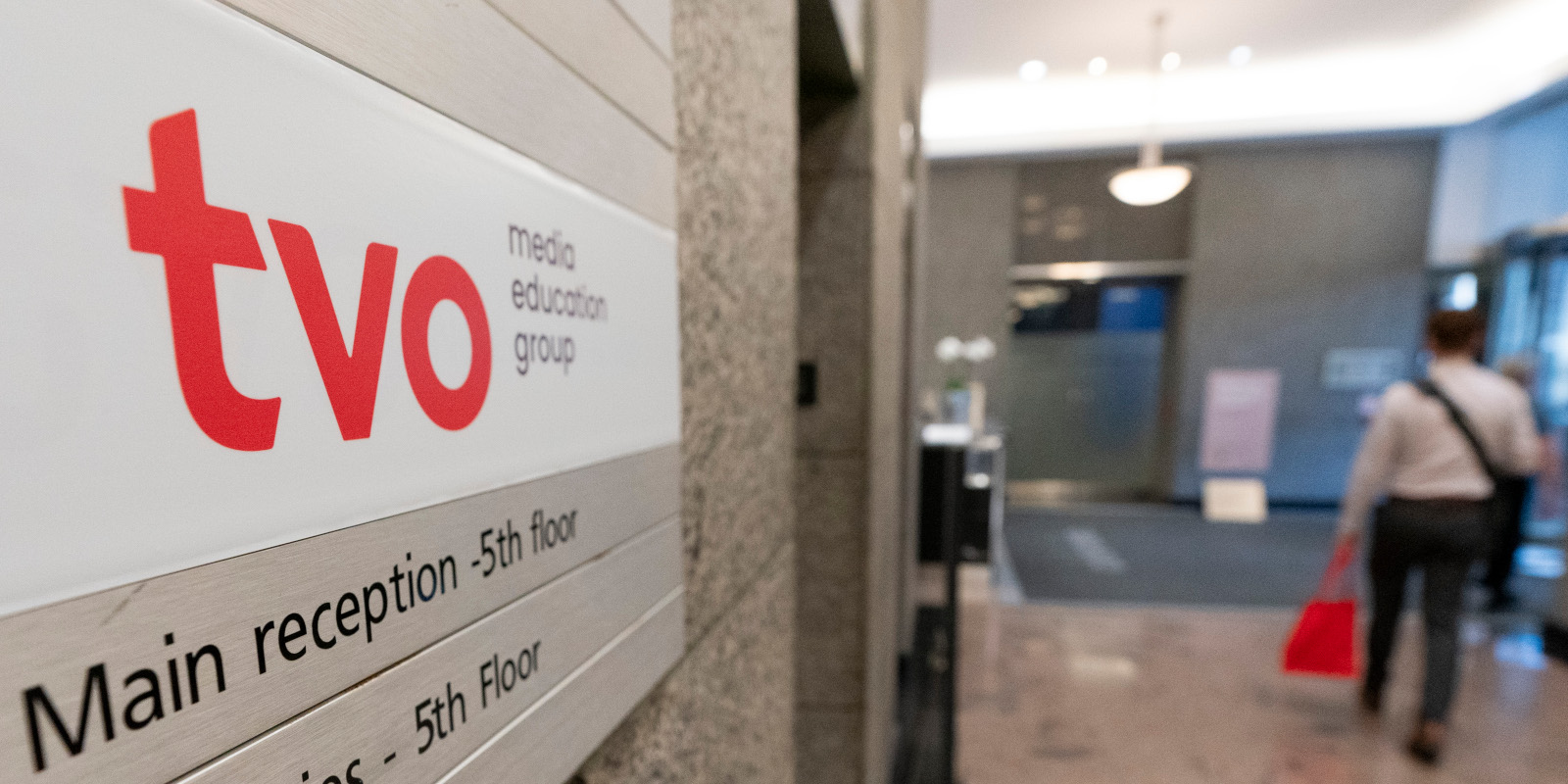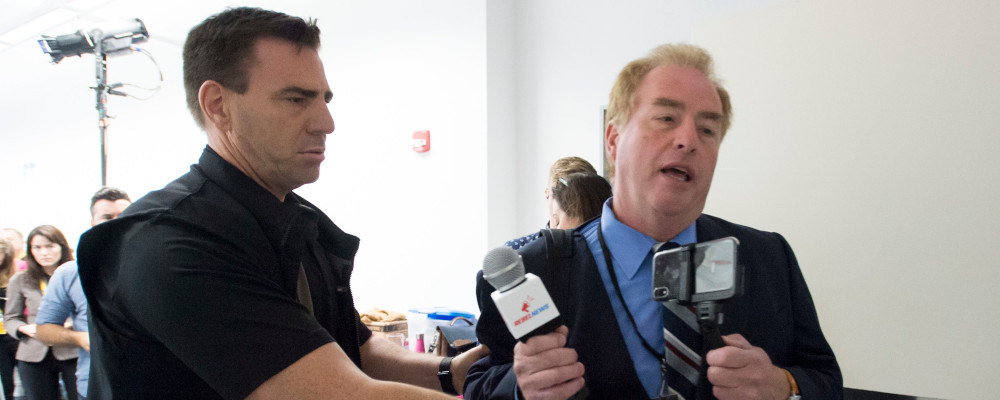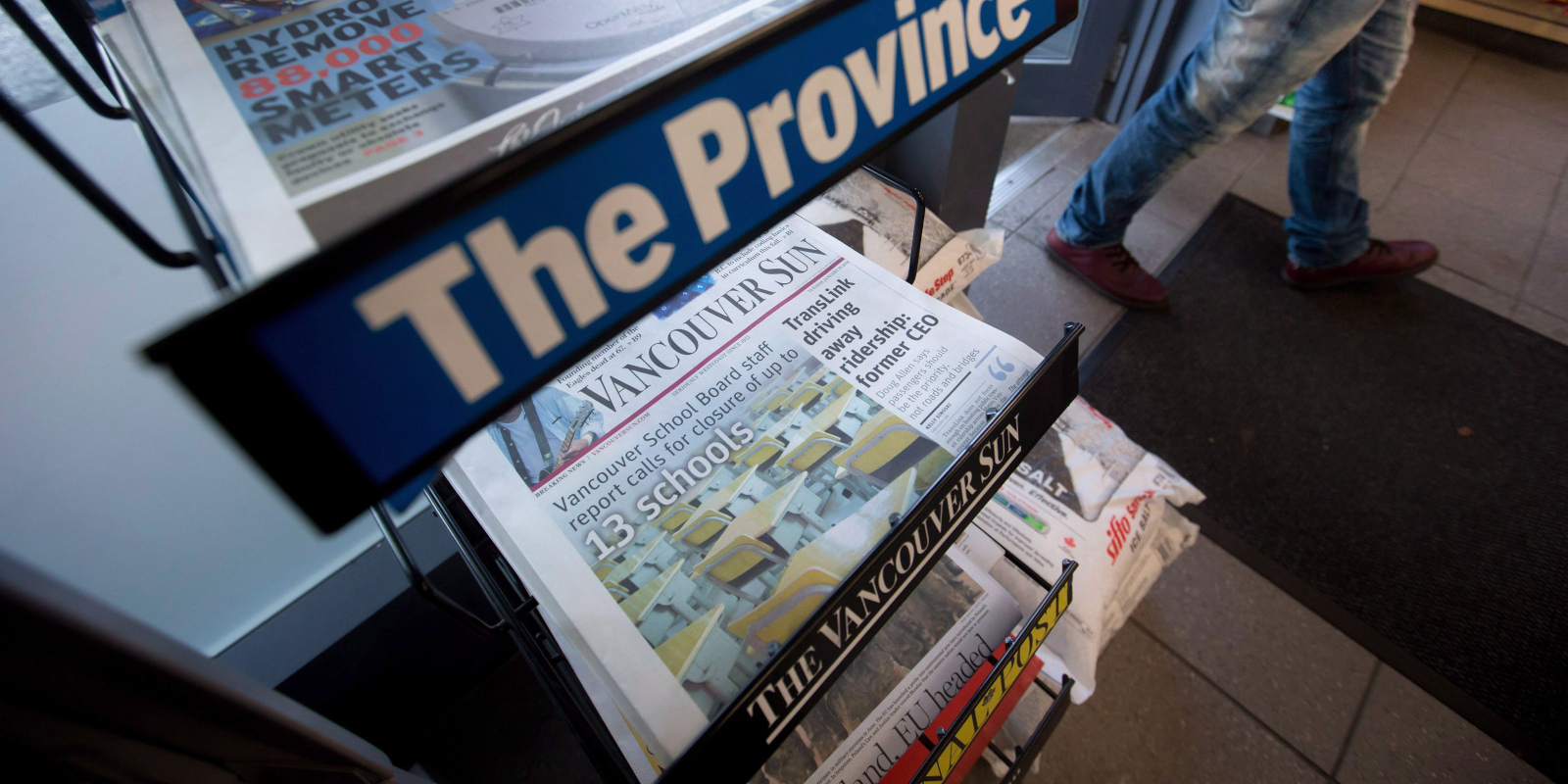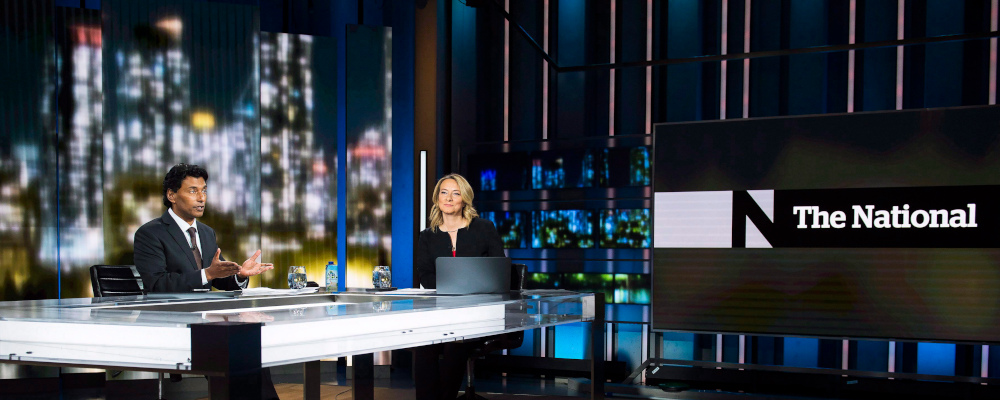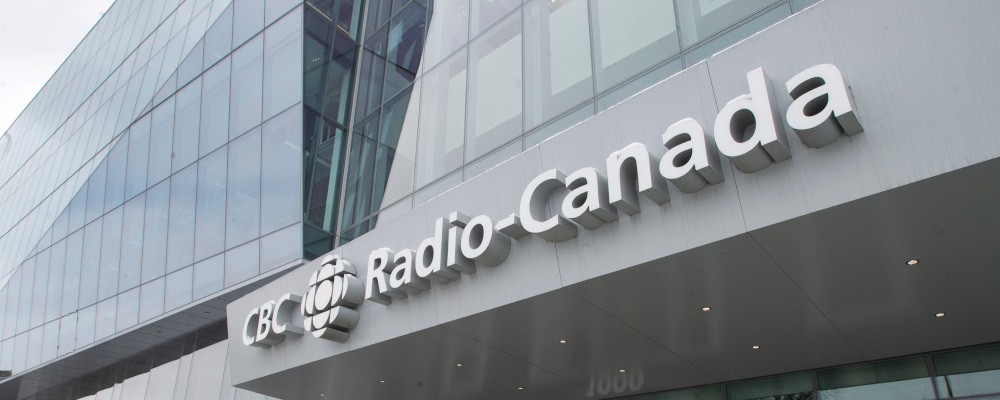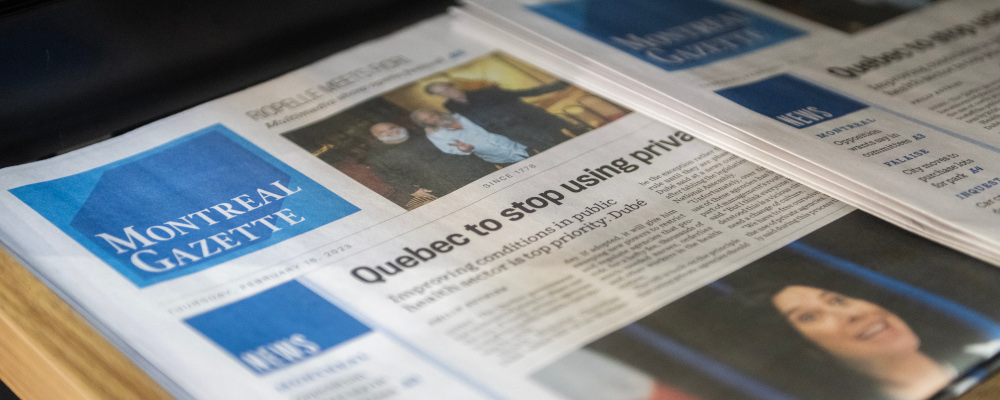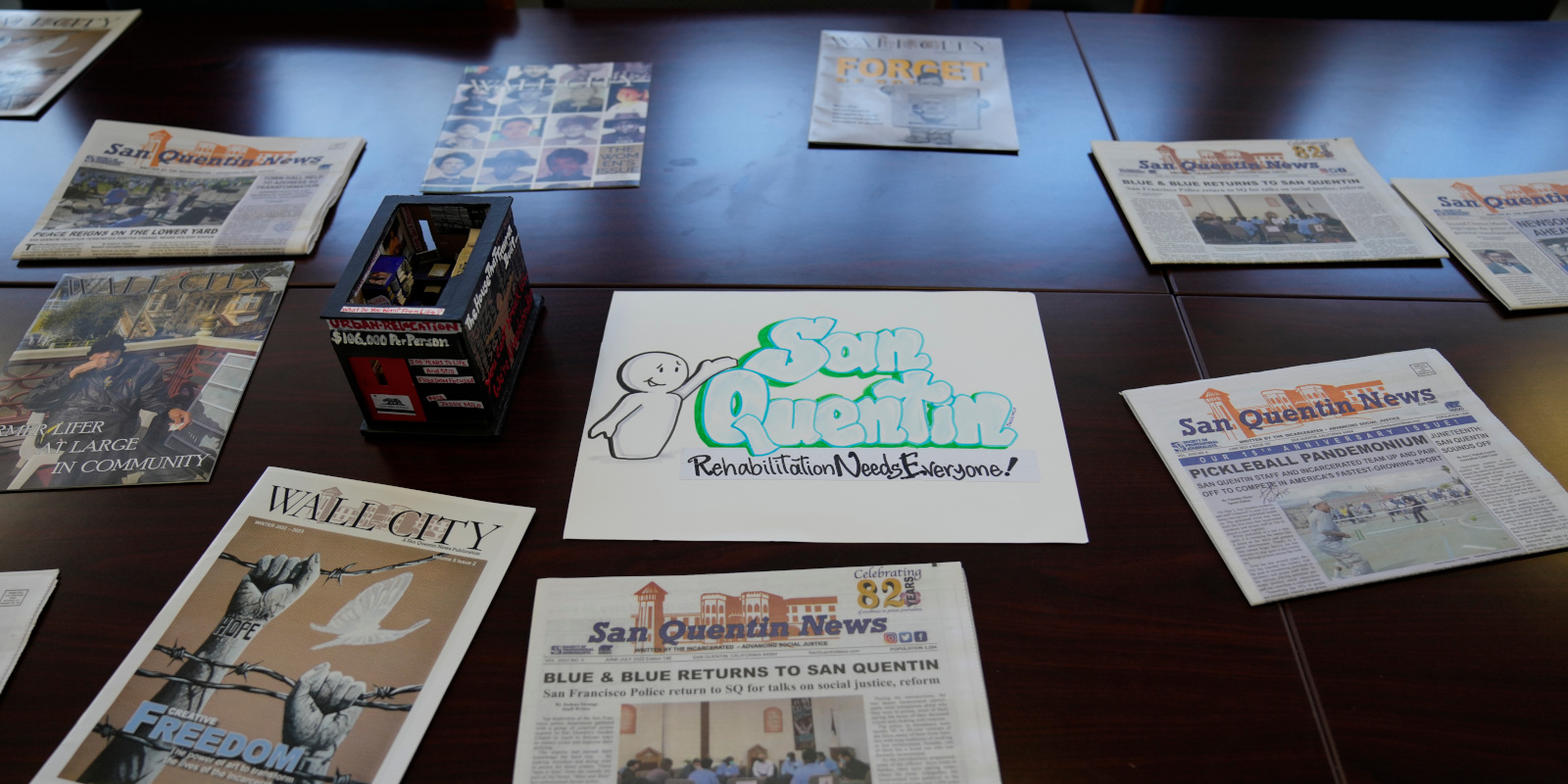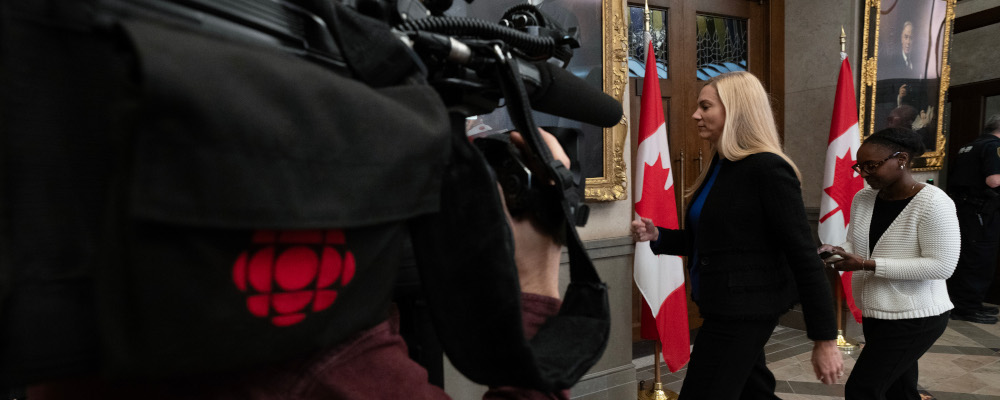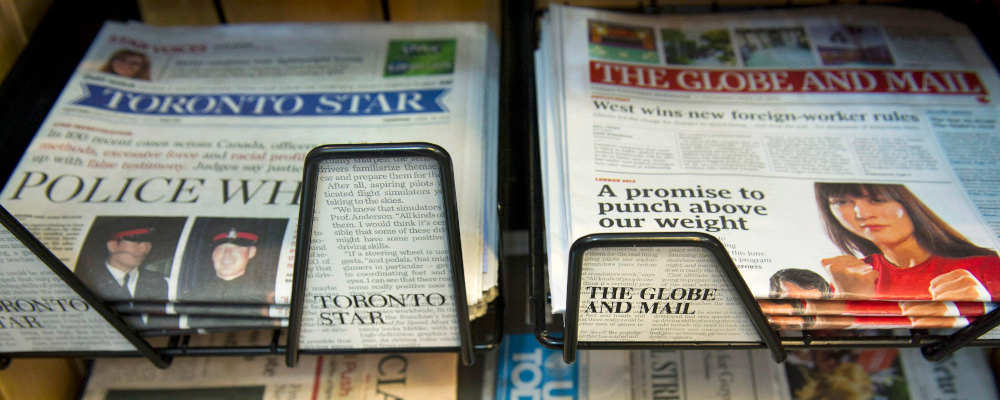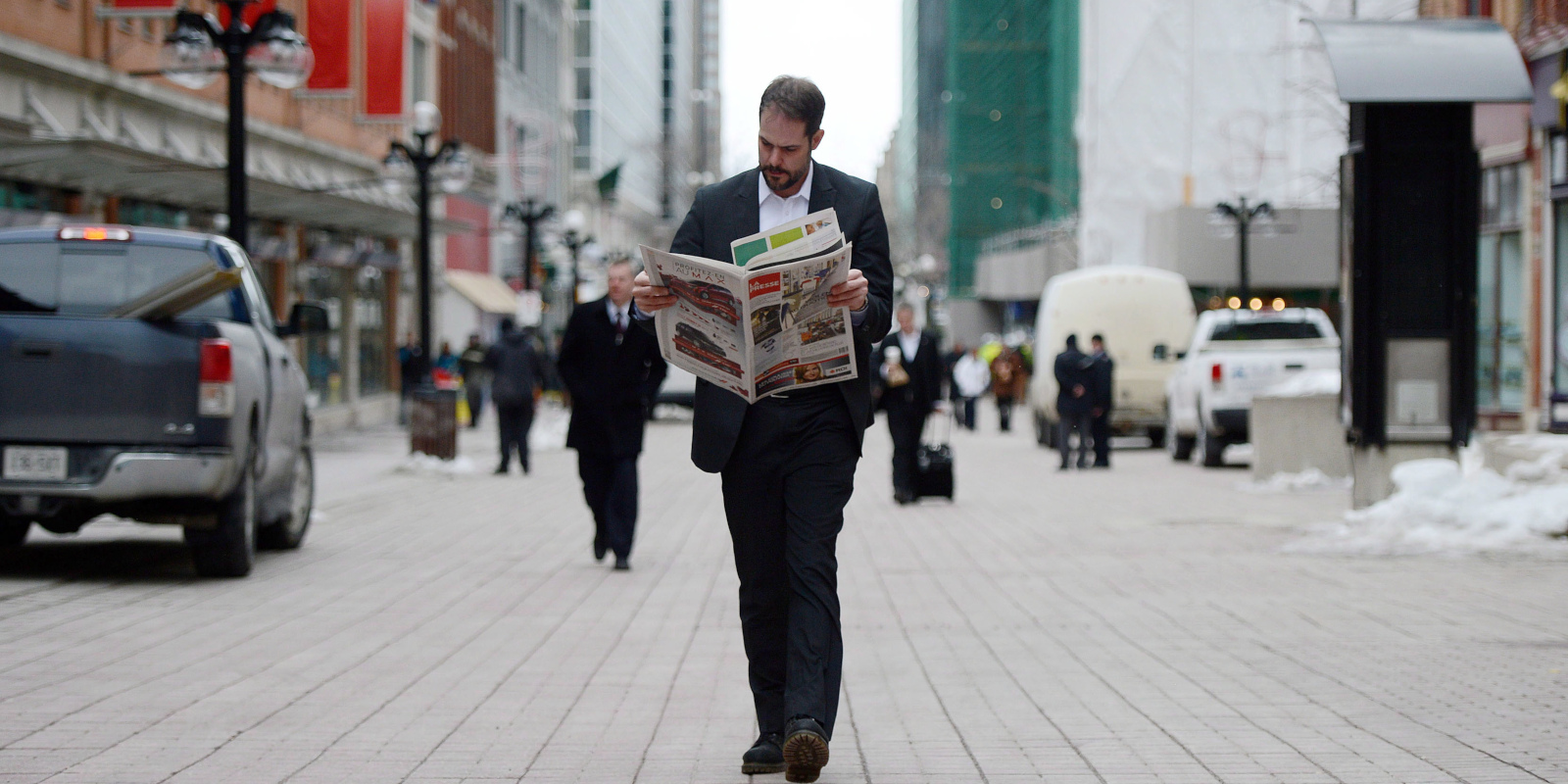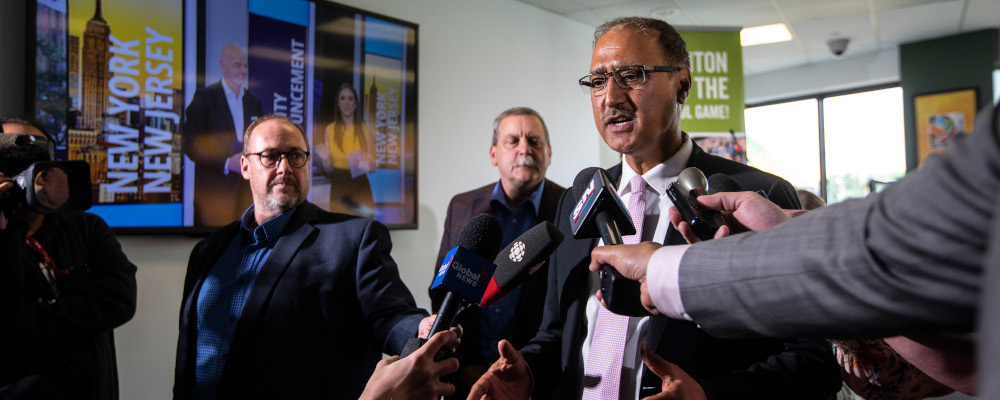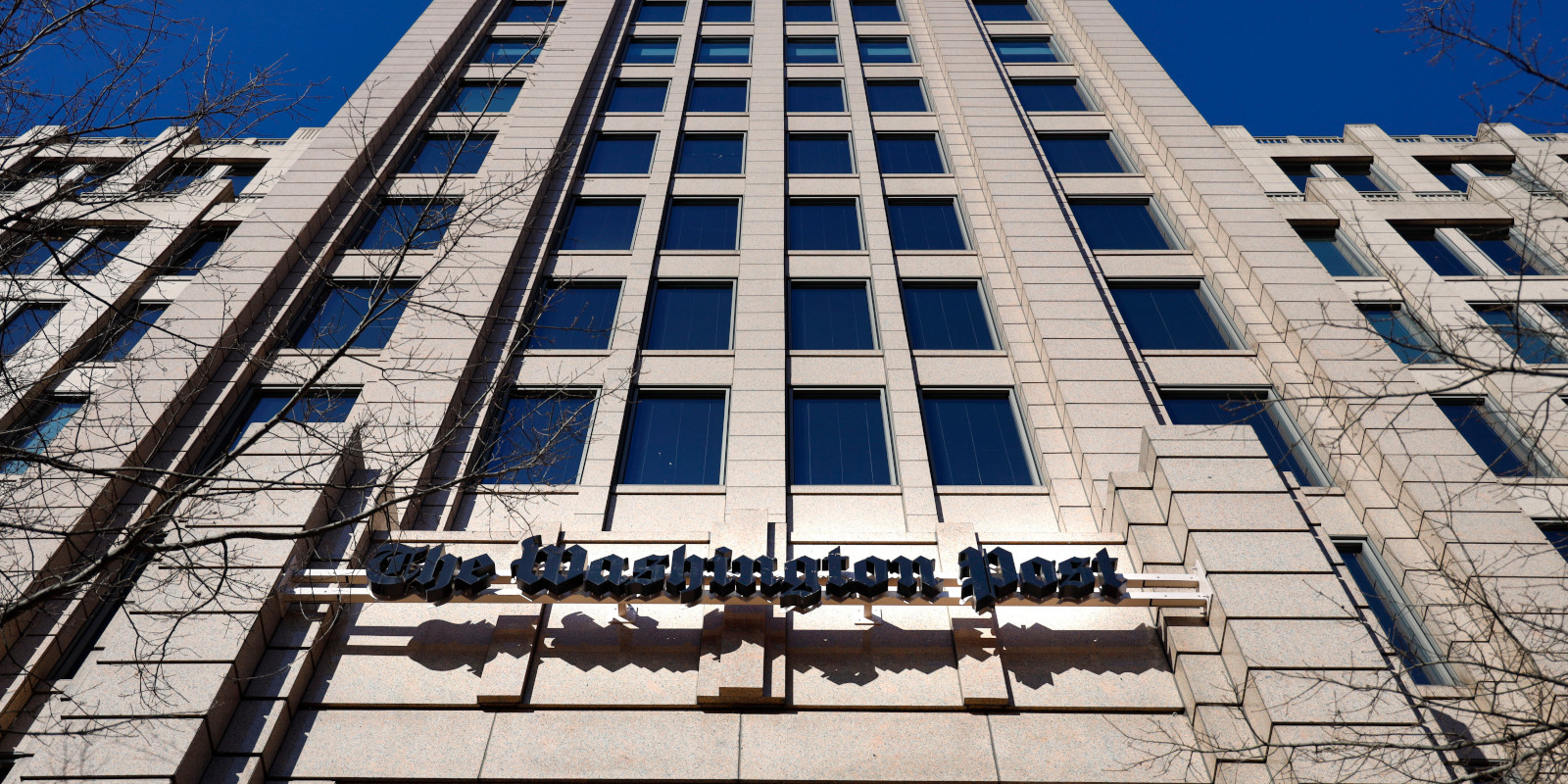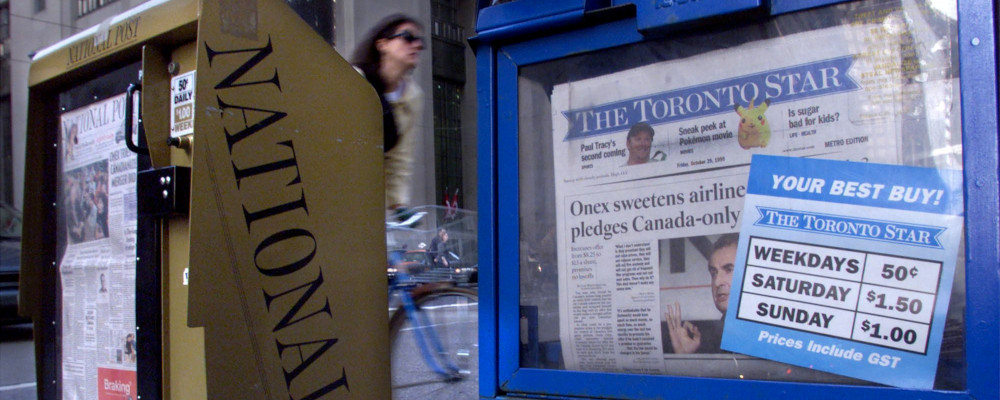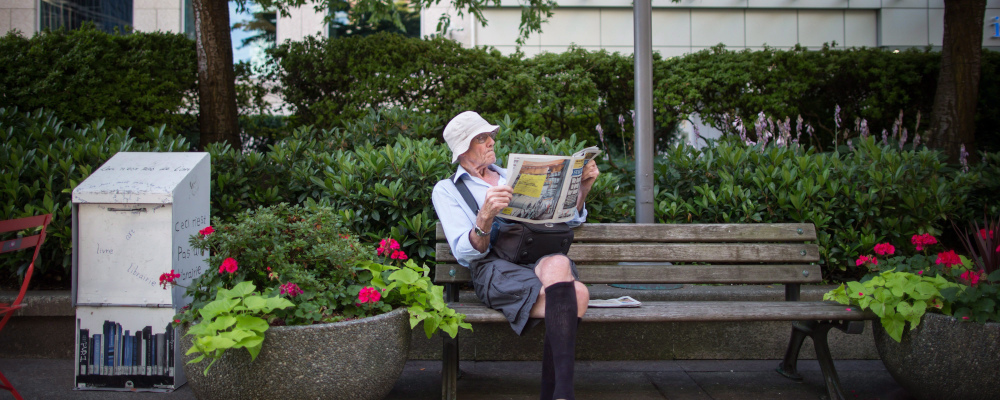The news media in Canada is in crisis. Policy responses to date are failing to solve for the information that citizens need to make informed decisions about important issues and debates. The Future of News series brings together leading practitioners, scholars, and thinkers to imagine new business models, policy responses, and journalistic content that can support a dynamic future for news in Canada.

Theo Argitis: Berating Bell and the telcos won’t save Canada’s news industry
In an ideal world, we get cheap telecom services, minimal regulation of the internet, and robust news ecosystems financed by the telcos. In the real world, at least one of those objectives may need to be abandoned.
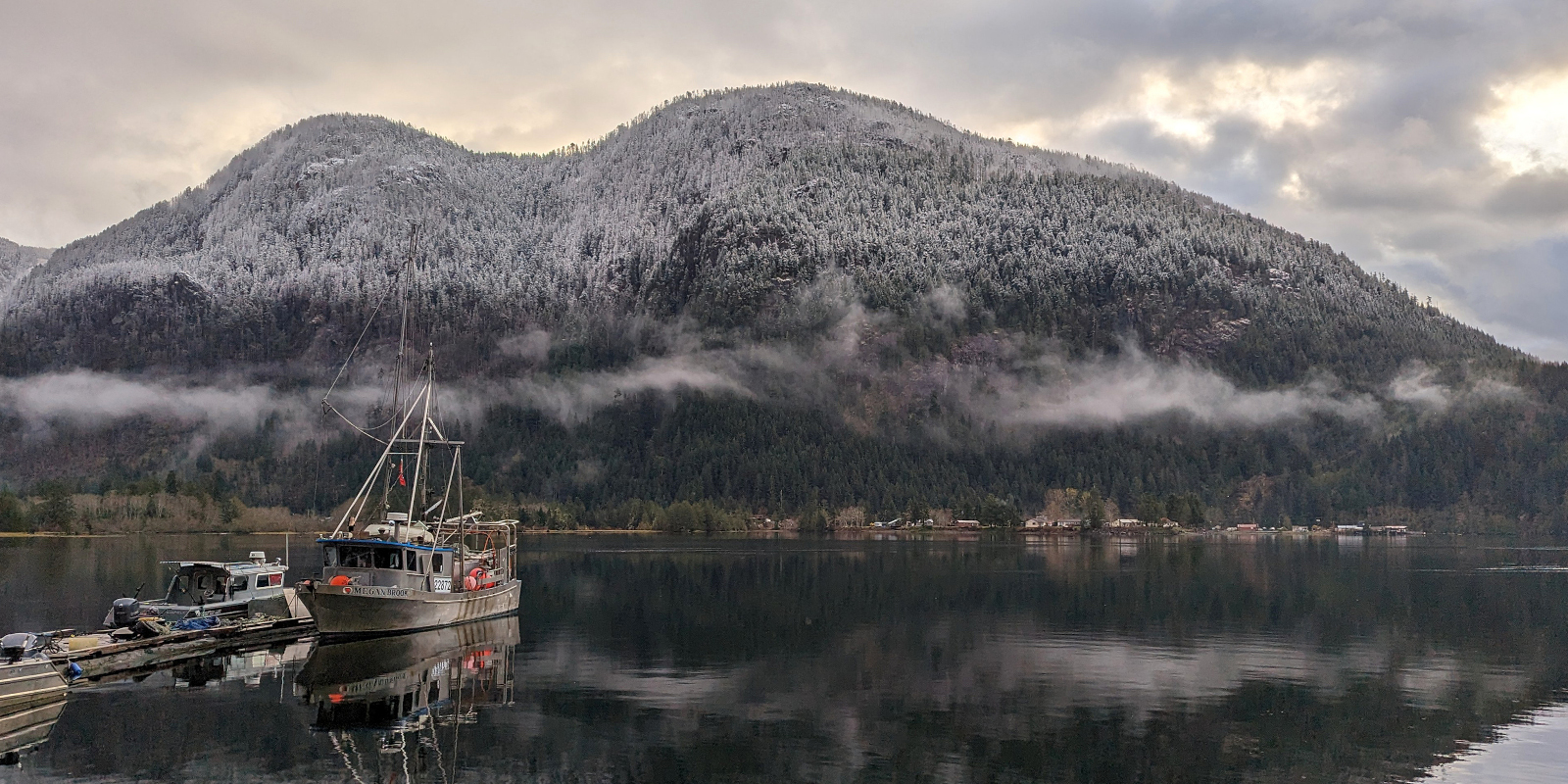
The Tyee has found British Columbians willing to pay for journalism that reflects their worldview, for good and ill
Founded in 2003, The Tyee was envisioned as a progressive left-leaning alternative to British Columnia’s mainstream news sources.
The Washington Post: Can billionaire owners like Jeff Bezos save journalism?
The news media in Canada is in crisis. Policy responses to date are failing to solve for the information that citizens need to make informed decisions about important issues and…
SaltWire files for creditor protection with $94m debt: The end of Atlantic Canada’s newspaper giant?
Last week SaltWire filed for creditor protection, blaming "unprecedented challenges" in Canadian media for its staggering $94 million debt.
Marc Edge: This is not your grandfather’s journalism
Is it fair to blame journalism schools for growing media bias, or is it a result of technological and social change?
The U.K.’s unorthodox UnHerd: Leaving the mainstream media pack behind
UnHerd was launched in 2017 as a response to what its founders saw as anti-Leave media bias in the deeply polarizing Brexit vote. Since then it has published a variety of voices from across the political spectrum.
Tara Henley: Media, we must save ourselves
As an industry, we have a duty to insulate ourselves from the power we are meant to hold to account. The media derives its credibility from its independence from power, particularly government power. Maintaining public confidence in that independence is of paramount importance.
Calgary’s media landscape is full of holes. The Sprawl fills one of them
The Sprawl, an independent online Calgary-based publication launched in 2017 as a one-off experiment in “pop-up journalism” covering Calgary’s 2017 municipal election.
Jeremy Roberts: Can local media come back from the dead?
As we move away from local media in the traditional sense, we lose our ability to share our stories to each other. We lose a vital avenue to celebrate together in community.
The Northwest Territories’ Cabin Radio: A part of Canada’s North
Founded in 2017, Cabin Radio’s staff has grown from one to seven full-time employees. In their first year, they reached three million page views. Last year, they hit 13 million.
Sean Speer: The news industry won’t be fixed by a parliamentary committee
The news industry ought to decide itself how to deal with broader market developments. Politicians should aim to extract themselves from that process. It will ultimately be better for both journalism and politics.
‘The traffic is going away, so build a solution’: Casey Newton on the evolving relationship between journalism and online platforms
Casey Newton, technology journalist and founder of Newsletter, discusses Silicon Valley, the relationship between platforms and news production, and the future of journalism in the age of big tech.
Bill Fox: We are always going to need journalism
Going forward, media needs a new business model, new journalistic practices, a new product to sell, and new incentives to attract an audience.
‘It’s a totally different world’: David Horovitz on covering the Israel-Gaza war and journalism in the internet age
David Horovitz discusses what caused him to co-found the fast-growing site in 2012, and the challenges of producing real-time journalism in the four months since Hamas's terrorist attacks against Israel.
The Bureau: filling in Canada’s intelligence reporting gap
Journalist Sam Cooper left Global to found The Bureau, an online news outlet focussing on domestic and international intelligence stories, which he launched on Substack in June of last year. Since then, the new media outlet has been making a name for itself among fans of long-form, hard-hitting investigative journalism.
‘We need to have this big conversation’: Former Heritage Minister James Moore on the CBC and the future of public broadcasting
Former Minister of Canadian Heritage James Moore discusses his experience as the minister responsible for the Canadian Broadcasting Corporation and his perspective about the future of the public broadcaster.
Toronto’s West End Phoenix: A local newspaper rising from the news industry’s ashes
Founded in 2017 by writer and musician Dave Bidini, the West End Phoenix has become a monthly fixture in Toronto’s west end. At a time when community newspapers are folding and larger print publications are in decline, how has this relatively new print paper managed to thrive in Canada’s largest city?
Alfred Hermida: Big tech unfriends the news
Canadian news outlets can no longer rely on platforms to consistently and regularly send millions of page views their way. The days when news was a big part of the search and social experience of Canadians appears to be over.
‘Everything is so much faster now’: Steve Paikin on how journalism has evolved over the course of his career
Steve Paikin, the host of TVO's The Agenda, joins host Sean Speer to discuss how journalism has evolved over the course of his career, the opportunities and challenges of working for a public broadcaster, and what he thinks about the future of the news media.
Peter Menzies: The (one hundred) million dollar question: What is a journalist?
Whether the entrenched players like it or not, surely a journalist is anyone with the capability and inclination to uncover and honestly distribute the news, information, and stories the public has a right to know.
‘Those newsrooms are not coming back’: Senator Paula Simons on how public policy can support the news media
Canadian Senator and former journalist Paula Simons discusses recent developments in the news media, the potential role of public policy to support the industry, and the future of journalism in Canada.
Sean Speer: The best mandate for the CBC may be no mandate at all
A review of the CBC should test the basic idea of a public broadcaster itself by returning to the initial case for government intervention in news and entertainment and judging whether it’s still applicable. The most important question shouldn’t be “What is the CBC?” but rather “Do we still need the CBC?”
Richard Stursberg: Enough with committees and consultations. The CBC needs a mandate with teeth
What is needed is for the government to define what it expects the CBC to deliver in a way that is both clear and doable. The United Kingdom does this through the Royal Charter, which is, in effect, a contract between the BBC and the government. It specifies what the BBC will do over the next ten years, along with a commitment for funding. It is a mandate with teeth.
Derek Fildebrandt: The best thing Ottawa can do to help the media? Stop trying to help us
The federal government’s mission to prop up the dying (or dead) legacy media is plainly misguided. By doubling the media bailout, they continue to make the innovative new media companies less competitive relative to the legacy media incumbents.
We need a ‘global outlook’: Amy Mitchell on the transformation occurring in journalism
This episode of Hub Dialogues features Amy Mitchell, the founding executive director of the Center for News, Technology & Innovation, on how information and technology are transforming journalism, the role of public policy in supporting the sector, and how we can ultimately cultivate a pluralistic and diverse media ecosystem.
Marc Edge: Canada’s news media need a plan—and some help—to find a way forward
Things have gone from bad to worse to sideways in Canada’s news media. Instead of the patchwork quilt we have seen recently of bailouts and forced subsidies, a coherent strategy is needed to assist our news media in charting a viable course forward.
Harrison Lowman: The old news is dead. Long live the new news
While the new plucky media start-ups may offer less prestige and are still making a name for themselves, they are nimble, they take risks, and they experiment. They are the ones leading the charge into Canadian journalism’s uncertain future.
Tara Henley: The media must start listening to the public it serves
Trust in news is plummeting and the media has been busy blaming everyone but the media itself. But in the meantime, the public has been sending a clear message: they don’t trust the news because they think it's biased.
‘It’s going to be messy’: Andrew Coyne on the uncertain future of journalism—and why he’s ultimately optimistic
This episode of Hub Dialogues features Globe and Mail columnist Andrew Coyne discussing the opportunities and challenges facing Canada's news media, the problems with government support for the industry, and why he is optimistic about the future of journalism.
Josh Dehaas: As newsrooms empty out, governments swoop in for the kill
With the number of journalists in Canada falling, government comms seems to be going in for the kill. There are now so few journalists that governments easily get away with holding back information that we all have a right to know.
‘We can’t afford to not be optimistic’: Former Washington Post Executive Editor Martin Baron on the future of journalism
This episode of Hub Dialogues features Martin Baron, a long-time American journalist and former executive editor of The Washington Post, about his must-read book, Collision of Power: Trump, Bezos, and The Washington Post.
Peter Menzies: It’s the end of an era for news—the industry can either adapt or die
What Canada desperately needs instead is a multi-pronged, coordinated national strategy based on current economic and market realities that will allow journalism to flourish again.
Hub Editorial: The road will be bumpy but the future of news is bright
After more than two-and-a-half years at The Hub, we’re optimistic that the short-term challenges facing journalism are ones that entrepreneurs and innovators are actively working to solve.


